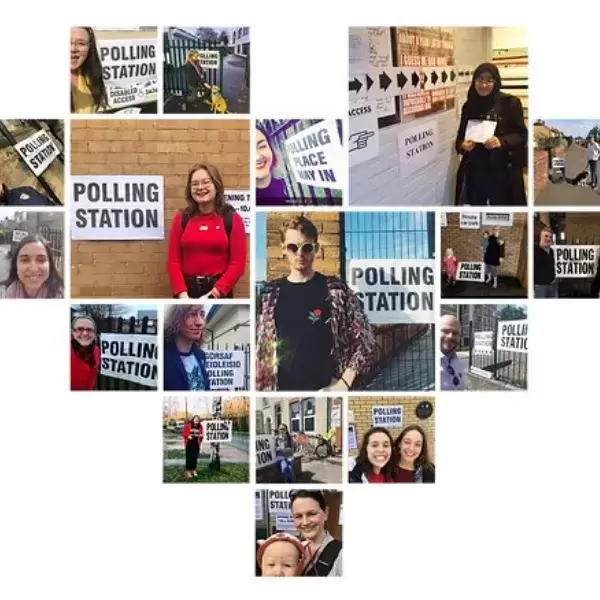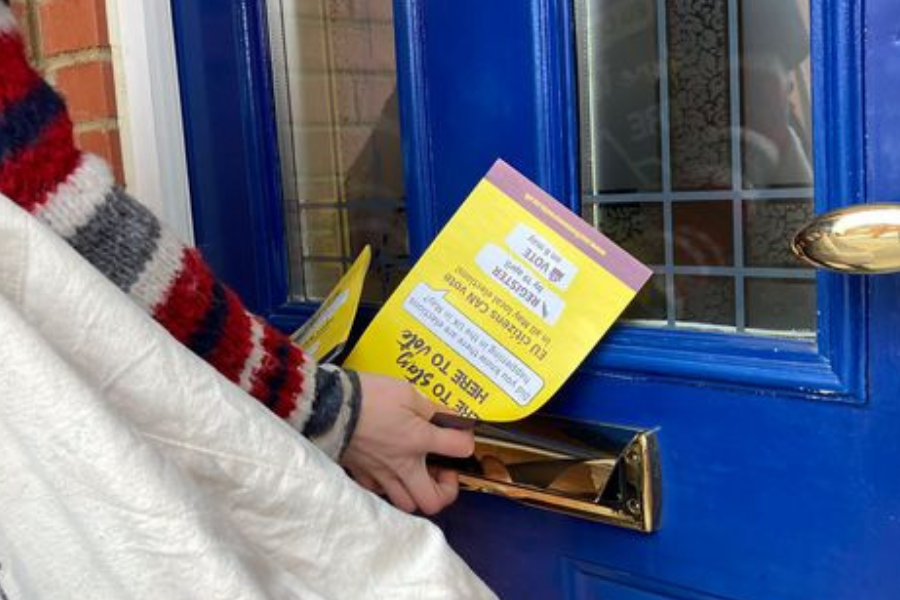Voting Rights
All residents should have a say in decisions impacting them directly at the local level.
This is not just about potholes and bin collections. It is about the future of our schools, our playgrounds and parks, our green spaces, parking policies in our local villages and towns, road and safety improvements, and policing - to name just a few.
Despite paying council tax, utilising local services such as transport and schools, and being part of our communities, many migrants are unable to shape how these are run, as they do not have the right to vote.
We believe that the fairest, simplest and most democratic electoral system is one that allows all residents to vote in local elections regardless of where they come from, following the residence-based voting rights model in Scotland and Wales. In this way, we can all have a say in choosing our local representatives such as councillors, mayors and police and crime commissioners.
It is also important that our local politics reflects the diversity of our country. As voting rights correspond with candidacy rights, a residence-based approach would mean that we can all stand as candidates in local and regional elections, and be elected to represent and serve our local communities.
Who can vote in UK elections?
UK general elections and referendums
British, Irish and qualifying Commonwealth citizens over the age of 18 on polling day can vote in UK general elections and referendums. Currently, British citizens living abroad who have been registered to vote in the UK in the last 15 years can also vote.
Local/ National elections
In Wales and Scotland, British and Irish citizens, as well as citizens of other countries who have permission to enter or stay in the UK (or who do not need permission) can vote in both local elections and elections for the Welsh (Senedd) and Scottish (Holyrood) Parliaments.
This is typically called a residence-based voting rights approach, which allows citizens of other states to vote where they live based on residence as opposed to citizenship or bilateral agreements. This contrasts with the approach in England or Northern Ireland, where voting in local elections depends on citizenship. Up until 2021, EU citizens have had the right to vote in local elections alongside the three aforementioned categories (British, Irish and qualifying Commonwealth citizens) who can vote in UK-wide elections.
Join the Migrant Democracy Project campaign for residency-based voting rights


